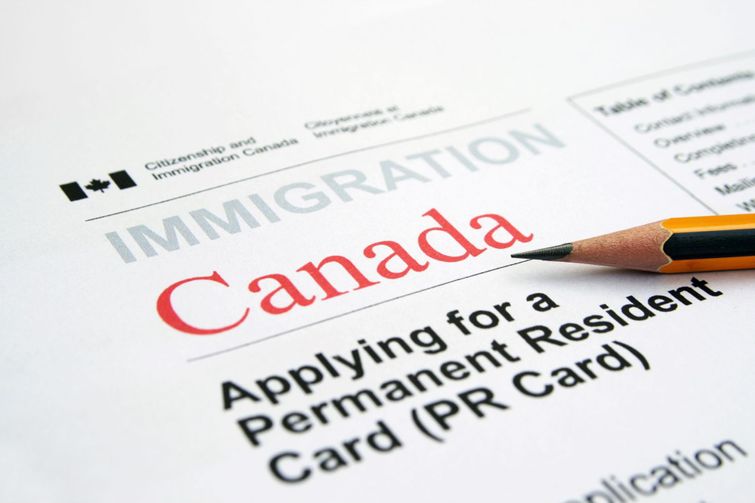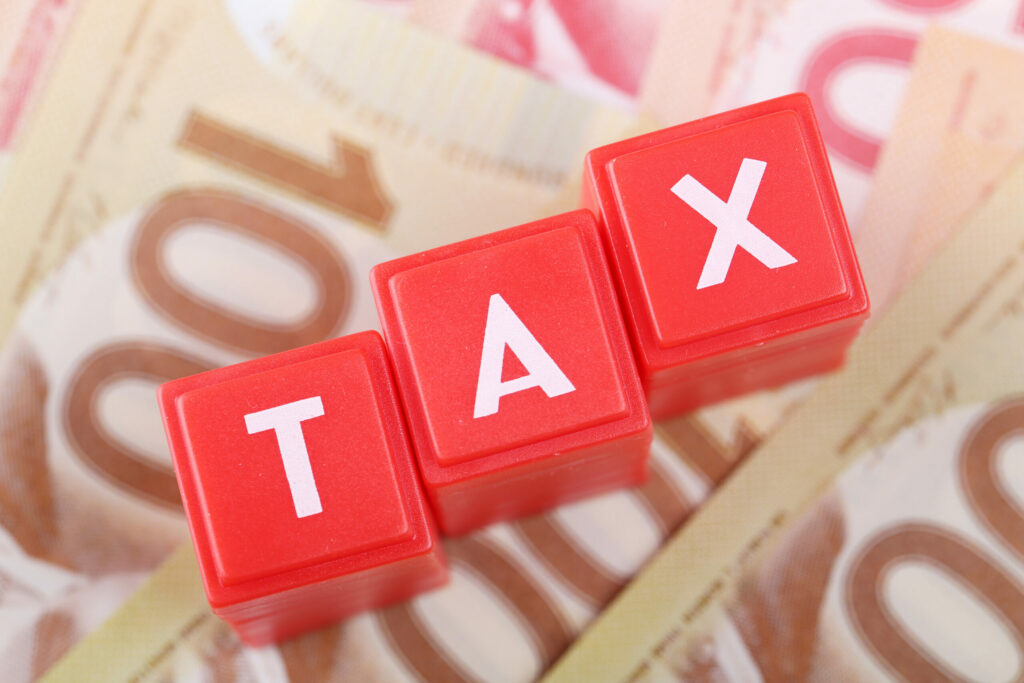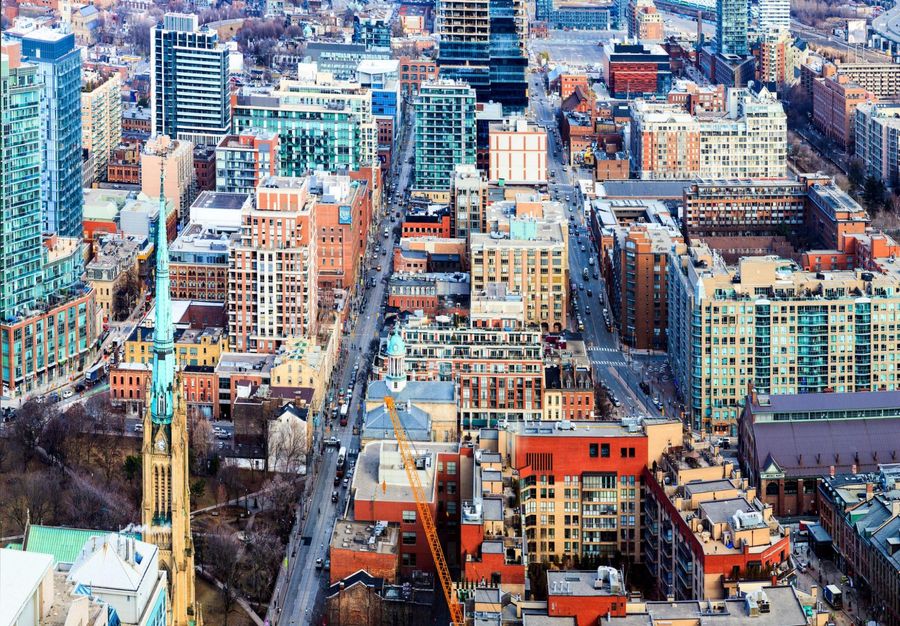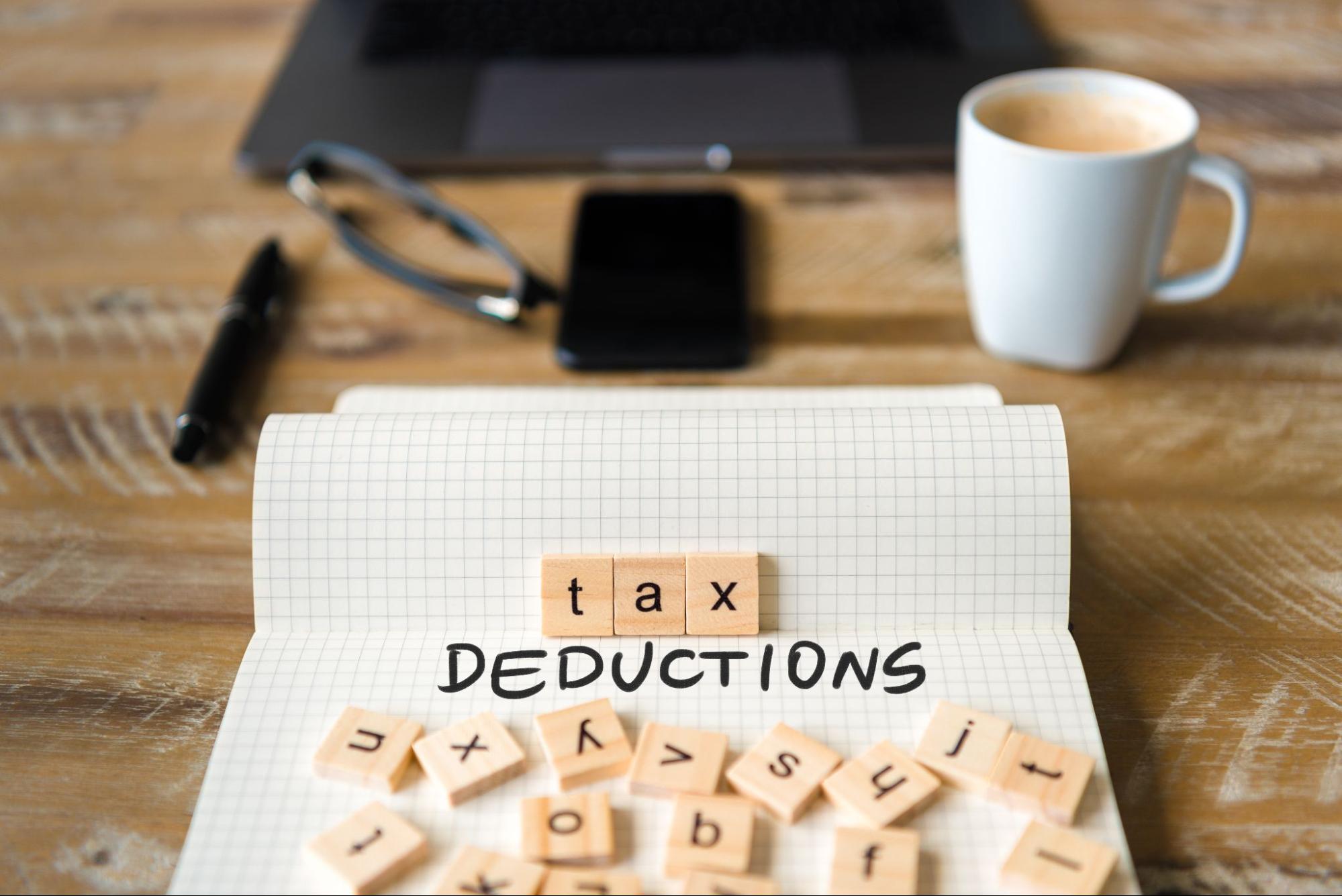Last Updated on October 24, 2023 by Corben Grant
Exceptions to the NRST
There are also some exceptions to who must pay the tax such as spouses of Canadian citizens, refugees, and foreign nationals in the Ontario Immigrant Nominee Program. Further, any foreign national who becomes a permanent resident and purchases their principal residence may be eligible for a rebate of the NRST.
The law was one of many introduced in 2017 to target a growing housing market. Though the market cooled briefly in response to new regulations at the time, the effect was merely temporary and things have only gotten worse since prompting the need for further intervention.
The new expansion of the NRST
Last month, the provincial government revised their rules for the NRST and expanded both its tax rate and the area of its effect. Now, the NRST applies to any purchase in the whole of the province and not only to the Greater Golden Horseshoe region. The tax rate has also been increased to 20% of the home’s value.
However, the tax still only applies to residential property and not commercial property (including multifamily buildings of more than six units). The Non-Resident Speculation Tax is one of the most restrictive foreign buyers’ taxes in the country.
What is the foreign buyer ban?
Though a ban has been proposed, this does not mean that the Non-Resident Speculation Tax is completely obsolete. As covered above, the ban is still yet to be in place, so any purchases between now and an official start of a foreign buyer ban will still be covered by this tax. Furthermore, the proposed ban would last for only two years, whereas the NRST has been in place for five years already and will continue to be in place likely for much longer.
After the temporary ban has run its course, foreign buyers will almost certainly wish to return to the Canadian real estate market and the NRST will still be in place for when they are welcomed back. During the time that a ban is in place, there will be very little use for a Non-Resident Speculation Tax except in any potential niche cases where the ban may not apply but the tax does.

How effective are these measures?
The question now is how effective these measures will be in affecting the real estate market and the answer is hard to gauge. It’s no secret that competition in the Canadian real estate market is very tight and measures to reduce demand are welcome.
Opponents of the foreign buyer ban question how impactful the changes will be and suspect it to be more of a decision to gain political favour rather than a solution to the housing crisis. While a foreign buyer ban may have some effect, it will certainly not fix our housing market on its own. At the same time, at least the Ontario tax collects money from these foreign buyers that could be put towards other housing initiatives. On the national level, this could be a huge amount of money, though the government has chosen not to take advantage of this and rather ban sales outright.
Conclusion
The Non-Resident Speculation Tax and the foreign buyer ban are two methods designed to limit foreign influence in the Canadian real estate market and to help ease the housing crisis. Though they are similar in their effect, they also have key differences. While the temporary ban on foreign buyers will be among the most consequential changes with regard to foreign buyers in the Canadian market, the NRST has been successful enough to merit expansion and will remain in effect even after the ban has run its course.
Corben joined CREW as a relative newcomer to the field of real estate and has since immersed himself and learned from the experts about everything there is to know on the topic. As a writer with CREW, Corben produces informative guides that answer the questions you need to know and reports on real estate and investment news developments across Canada. Corben lives in Guelph, Ontario with his partner and their two cats. Outside of work, he loves to cook, play music, and work on all kinds of creative projects. You can contact Corben at corben@crewmedia.ca or find him on Linkedin at https://www.linkedin.com/in/corbengrant/.









